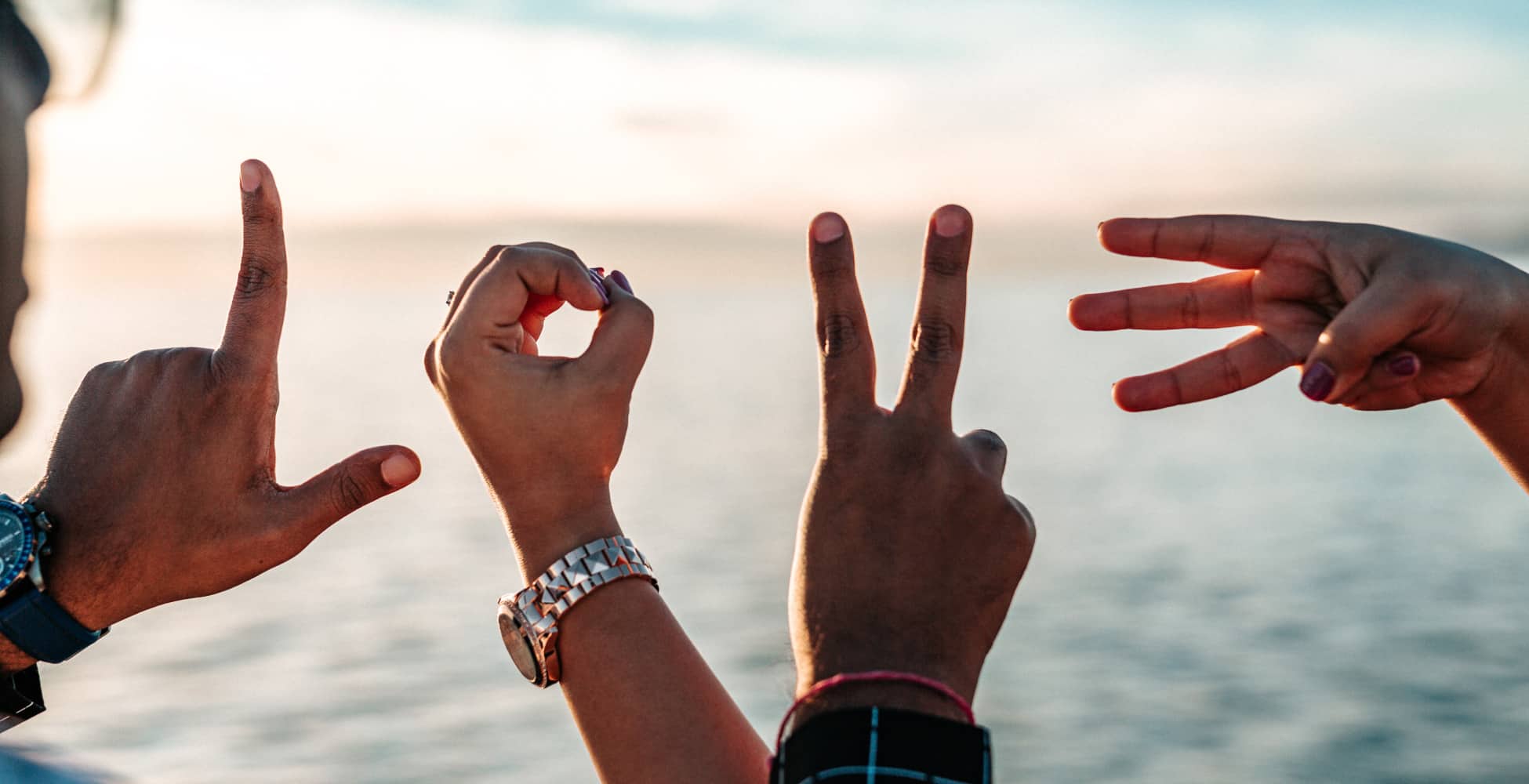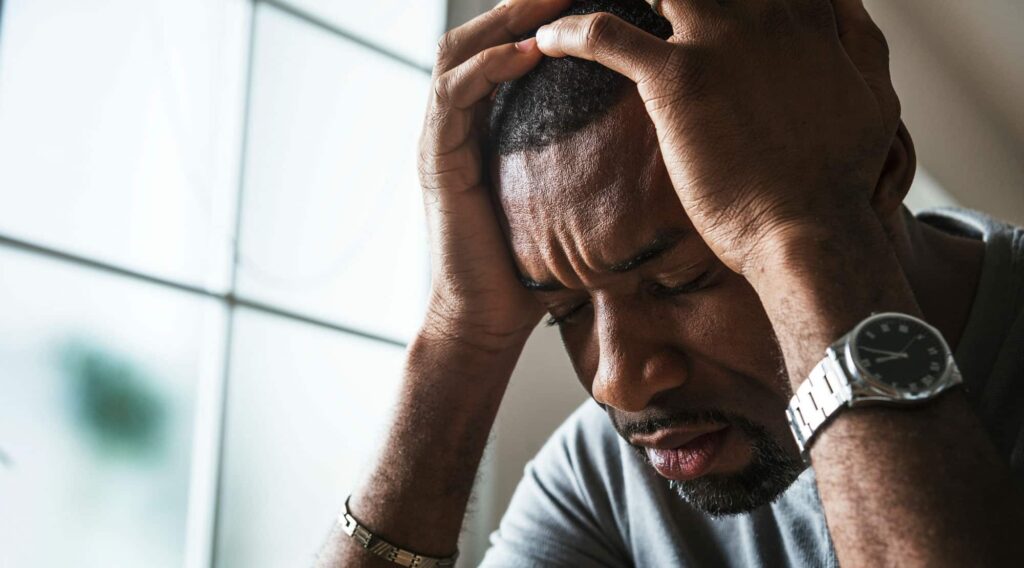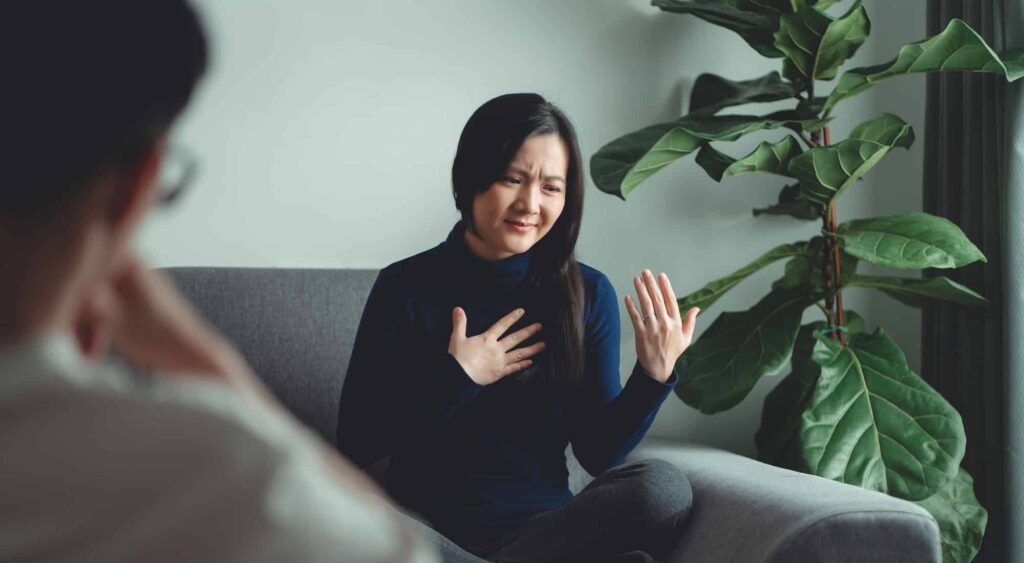To ring in the New Year, I could quote statistics of how certain feelings benefit your cholesterol levels and pump up your immune system and extend your life by 2.3 years. We could discuss that science has proven that appreciation begets happiness and happiness is healthy. But you’ve already heard all that. So on the everyday shortcut wisdom front, what I really have found of value, if you want to have a life worth extending, is to love what you have, to appreciate the life you are living right now, and to anticipate with pleasure the life coming into view. Walk through the day expecting it to be OK. This is not only the power of positive thinking, or even setting an intention, it is something vital and alive that casts you as the co-creator of the life you want to be living.
“What I really have found of value, if you want to have a life worth extending, is to love what you have, to appreciate the life you are living right now, and to anticipate with pleasure the life coming into view.”
I realize that loving what you have can be especially hard for those of us who’ve grown up with addiction or adverse childhood experiences. Living with addiction in any form is disheartening, and we have experienced a twisted and corrupted form of attachment. We have been asked to compromise ourselves and to stand by and watch someone we love enter into a world of darkness, a world that can only really be understood by becoming dark ourselves (and even then, it is nothing but confusing and lost). This experience, as the French say, “marks” us. It can make us feel that goodness and ease cannot be taken for granted, that anything can happen. So we set about trying to arm ourselves against falling into this dark abyss, we build defenses, walls to keep pain out, only to find that they keep pain in.
We become afraid of loving and accepting what we have, because we’re afraid that will lead to the kind of pain we have learned to fear. And outside forces like social media don’t help. They can make us feel we’re not in the right place, that it’s better somewhere else. We’re overwhelmed with images of “better,” we’re taught that we should want more, we shouldn’t just accept and embrace where we are. So we “compare and despair.”
Part of trauma is a kind of shock: Something that has happened is out of the norm and, as a result, life feels unpredictable. We get scared, we brace ourselves, we become hypervigilant, unconsciously scanning our day and our relationships for more bad things happening. But if we have accepted that bad things can happen almost overnight, then the opposite has to be true as well. Good things can happen overnight. So why not set that template in motion, too? Why not learn to expect good? In fact, why not learn to look for little things to take pleasure in with the same energy we used to expend on outsmarting trouble?
I think most people in possession of a quiet happiness will tell you that much of their happiness is simply rooted in the way they have learned to view the life that they have. Loving where you are, loving what is in your day, is a generative thing, it builds on itself. When you appreciate what is right in front of you, something mysterious happens: the world rushes in to fill in the empty places. Maybe the universe “abhors” a void, maybe “God lives in the cracks,” maybe “light shines brightest through the broken places.” Who knows? But one thing I do know is that fighting what is just keeps you fighting what is. And fighting creates more things to fight. There are moments, many of them when you have to fight, when love or life calls on you to stand up or decency demands that you put your foot down hard. But not all the little stuff. Not all the time.
“Don’t wait for a good reason to love today, just love, simply to sit in the pleasantness of that experience. When we love where we are, we’re appreciating life in the here and now rather than wishing it away.”
One of the simplest and most available ways to enter into a state of mind that is accepting and embracing is to love where we are. Don’t wait for a good reason to love today, just love, simply to sit in the pleasantness of that experience. When we love where we are, we’re appreciating life in the here and now rather than wishing it away. When we focus on what is missing, on what we don’t want, we tend to get lost in that kind of thinking and feeling. We’re hyperaware of all that is bothering us and less aware of what might be going all right. And our energy and emotion tends to follow and fill in what we’re focusing on, so what we don’t want gains a lot of power and space in our lives.
We give our fears and dark imaginings a lot of psychic and emotional energy. This too has creative power in our lives, it templates more of the same. This year, why not decide to love more and hate less? Because love is the living, breathing Happy New Year, the gift. The cure. The way through. Love cuts its own path. Because when we love, we create that feeling within us. It becomes our immediate experience. If we wait to have a reason to love, we’ll miss the experience of loving. Why not love for no reason in particular, simply to feel good?
If the new year is a time of setting goals, then decide to love more this year. You’ll probably live longer, lose five pounds, attract nicer people, and make a better living because it just works that way. But it also just makes it all much easier—and you don’t need to buy anything or sign up for anything or even be anything particular to do it. And while you’re doing it, love yourself, too, because when all is said and done, there is no good reason not to. And the relationship between you and you is really the one you are living in most of the time.
“If the new year is a time of setting goals, then decide to love more this year. You’ll probably live longer, lose five pounds, attract nicer people, and make a better living because it just works that way. But it also just makes it all much easier—and you don’t need to buy anything or sign up for anything or even be anything particular to do it.”
Living in a happy place inside of ourselves, having a pleasant and appreciative state of mind to carry through our day, is the best New Year’s resolution we can make.



